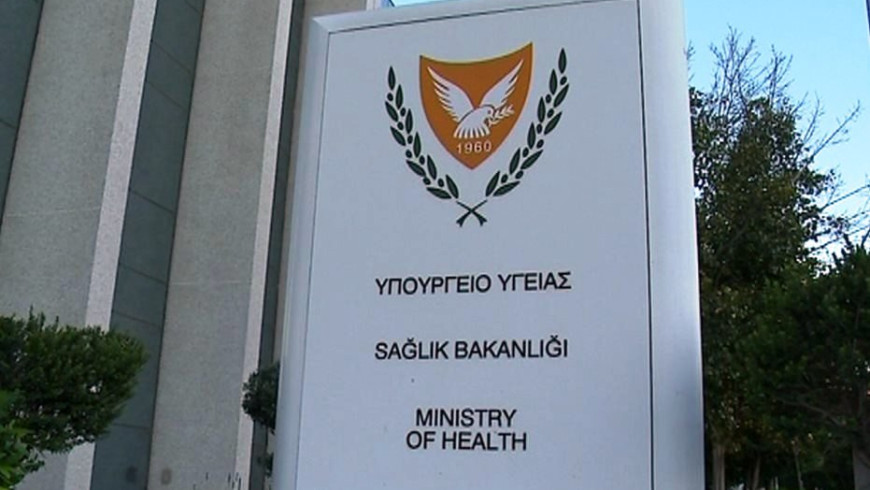
Cyprus’ Health Minister, Michalis Damianos expressed on Thursday the government’s pride for the General Health System (GeSY), noting that it was the biggest reform since the establishment of the Republic of Cyprus, and that June 1 this year will mark the fifth anniversary since its implementation.
Addressing the 7th Cyprus Healthcare Conference, which is on the General Health System and the path towards an equal and universal system, the Minister said that, according to 2023 data from the European Commission, since the introduction of the General Health System, the coverage of the population in Cyprus is now universal, at a rate greater than 99%, while all legal residents have the right to health care, regardless of income or other contributions.
He added that, unmet medical care needs are extremely low, at 0.1%, for both low-income and high-income households, while the overall availability of services has increased. In addition, patient waiting times, which was the main barrier to access, have decreased, he said.
There was also an increase in the volume of health care provided and planned operations, especially after the pandemic, Damianos said.
He added that the health policy of his Ministry was governed by the fundamental principle that health, as a social good, is the responsibility of the state. Our purpose, he noted, is to ensure the basic right of every citizen, to enjoy a high level of health care. “We understand the rapid developments in the field of technology, the changing needs of the aging population and recognise the challenges that greatly affect the health care sector,” he added.
Referring to the challenges faced, he said that antimicrobial resistance (AMR), was a multifaceted issue that, not only poses an immediate threat to individuals’ health, but also has an impact on health care systems and global economies.
Citing data from a recent study by the European Centre for Disease Prevention and Control (ECDC), he said that the prevalence of healthcare-related infections in Cyprus, in 2022-2023, was the highest in the EU (13.8% compared to the lower 3% and the EU average 7%), while widespread administration of antibiotics was also recorded.
He noted that his Ministry’s competent services have strengthened their actions on tackling the matter.
Another challenge listed as a key constraint on the health system's capabilities, he said, concerned workforce shortages. In particular, he noted, the number of nurses is much lower than the EU average, adding that a series of actions have been planned, including briefing high school counsellors about the nursing and midwifery professions and discussions with academic institutions with the aim of increasing the number of places in university nursing schools, and awarding a number of scholarships to prospective students.
Damianos also said that the Ministry, in collaboration with the Health Insurance Organisation and the State Health Services Organisation, included a number of investments and reforms in the National Recovery and Resilience Plan aimed at increasing the efficiency, accessibility and overall resilience of the system with specific measures and policies.
Our current priority, said the Minister of Health, was the field of mental health, giving estimates from the Institute for Health Metrics and Evaluation, according to which, in 2019, one in six people in Cyprus (17.2%) faced a mental health problem, which was slightly higher than the EU average (16.7%).














 3287.99
3287.99 1275.09
1275.09
